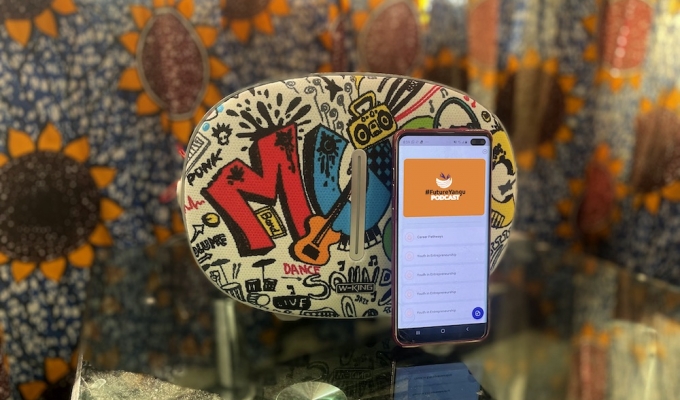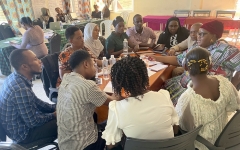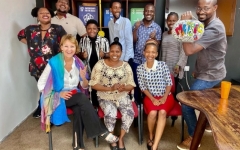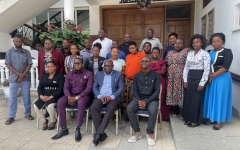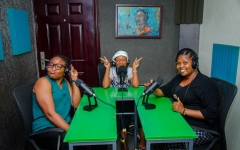Episode 7. Soft skills are life skills | Ujuzi Wezeshi
In this #FutureYangu episode we shall explore what it means to have soft skills or life skills as part of work readiness skills, and how such skills will help students prepare to enter the world of work and any other life situation.
Work readiness skills means having both hard skills and soft skills as both are necessary to be successful in the workplace. Hard skills are technical skills, knowledge specific to a job task or profession, they are acquired though education, training, or work experience. Soft skills are life skills like positive thinking, problem-solving, critical thinking and stepping up to leadership. Students learn these skills by engaging in activities, planning events for clubs, discussing different opinions and solutions and accepting that there can be different ways of solving a problem. Soft skills are more difficult to develop than hard skills, a person needs to practice them in the real world with others and while they come naturally to some others have more difficulties in acquiring them.
In this episode Leo shares his personal story of how he developed soft skills, particularly leadership skills by taking up leadership roles in school; in the student government as head boy and as the leader of the school’s Fema club. His experiences in school have benefitted him in his professional life, he is now a leader in his local branch of CCM, and he is an academic master in the school where he teachers.
The activity in this episode requires students to share with each other available opportunities to gain or develop soft skills within their daily activities or routines both at school, like sports, school leadership, and at home and how they can capitalise on them.
